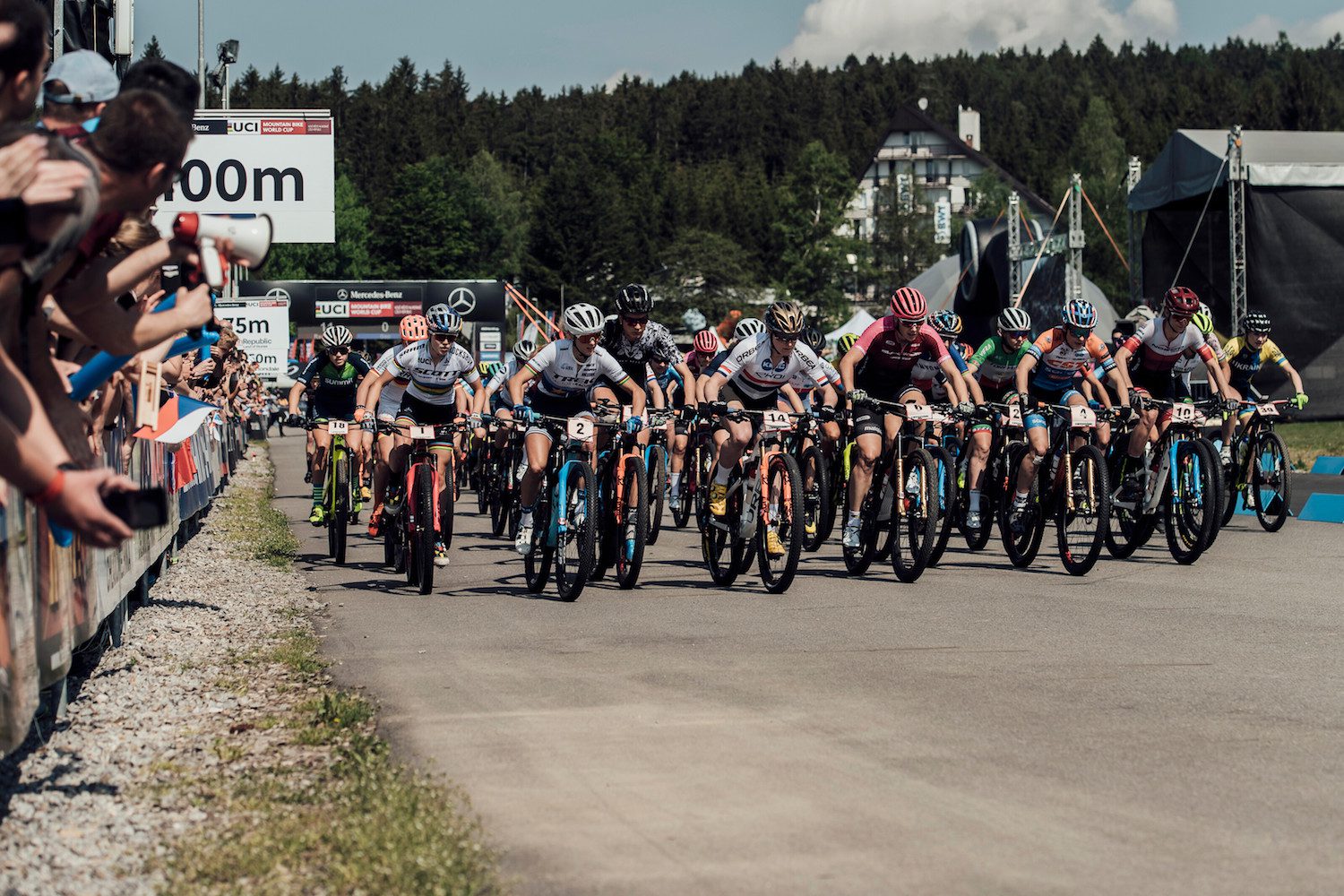When will the UCI move to postpone World Cup season?
Peacemeal rescheduling continues as two more rounds cancelled/postponed due to COVID-19

The Union Cycliste Internationale’s (UCI) slow release of changes to the mountain bike World Cup calendar continued today with news that two more rounds are being changed due to the ongoing COVID-19 pandemic.
The UCI’s announcement arriving the same day that the International Olympic Committee announced that the 2020 Olympics are to be postponed. This raises the question, what will it take for the UCI to take a proactive step and postpone more of, if not all of the 2020 World Cup calendar?

Fort William and Nove Mesto the latest changes
The latest news includes the first cross country World Cup to be impacted by coronavirus. Nove Mesto Na Morave, in the Czech Republic, originally scheduled to take place May 22-24 will be postponed. UCI and local organizers are working to find a new date for the XCO round.
The iconic Fort William, Scotland venue is the latest downhill World Cup to be cancelled. Originally scheduled for June 6-7, organizers have requested that the event not take place in 2020. The first three rounds, in Maribor, Lošing, and Lousã have already be cancelled or postponed.
What is stopping UCI from moving faster?
With the IOC’s decision to postpone the 2020 Olympics, the question arises, why hasn’t UCI suspended the World Cup season? The Olympics were originally scheduled for late July. A number of World Cup events that are scheduled to take place before that date still remain on UCI’s mountain bike calendar. Instead of matching ICO’s postponement, the UCI today continued its slow-bleed adjustment with just two more World Cup dates. Why the difference
There are several factors that could explain UCI’s differing approach versus the IOC.
First, the IOC is dealing with multiple sports and multiple qualification processes for the Olympics. The UCI is able to make changes to individual cycling disciplines instead of having to coordinate with numerous sports, many of which are more weather-dependent than cycling.
The same applies to qualification processes. Prior to IOC’s decision to postpone, the UCI has requested an amendment to mountain bike, BMX and paracycling’s qualification period. Being most of the way through a 2-year qualification period, this was expected to have a smaller, but not insignificant impact on how countries and athletes would qualify to compete at the Olympic Games. For other sports, COVID-19 has made a similar adjustment much more difficult, or all but impossible.
Another factor is scale, and the ability to scale down. The Olympics are one of, if not the world’s largest sporting events. With multiple sports and thousands of athletes all gathering for a single Games, it is impossible to hold the event on a smaller scale. In contrast, the World Cup calendar has numerous rounds, each of which can be individually rescheduled. There is at most two disciplines, XCO and DH, happening at any one event, so all athletes are facing similar barriers to training. Even if, as has occurred, several rounds need to cancel, it is still possible to have a reduced World Cup season later in the year.
Finally, the UCI is dealing with multiple, smaller organizers. In contrast, the IOC is dealing with a single location and large organizers, from the city of Tokyo to multinational broadcasters, sponsors and more. Renegotiating a date is much easier, if not necessarily easy, for the UCI than it is for the IOC.
Regardless of why it is taking so long for UCI to make a definitive decision on the 2020 World Cup season, we’re all hoping some more concrete news comes soon. If at all possible, we’re all also hoping that there can still be World Cup and Enduro World Series racing in 2020.
